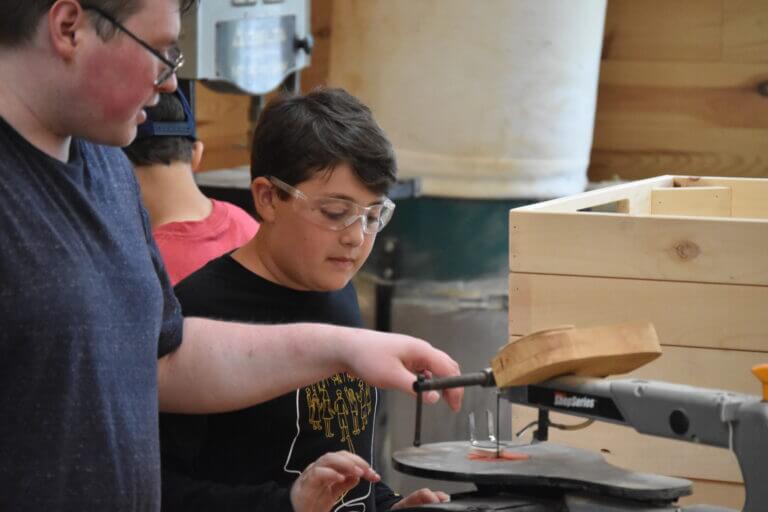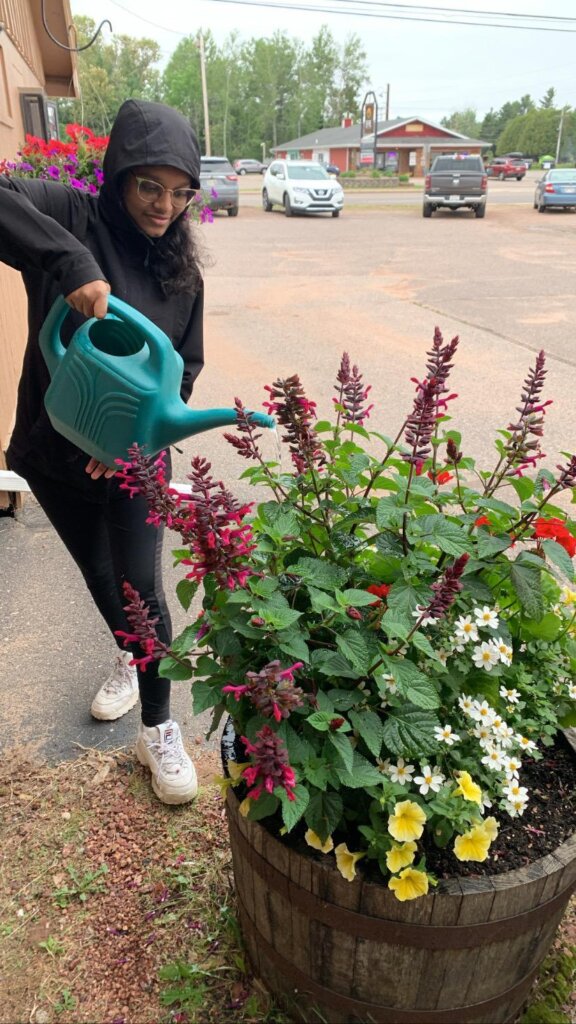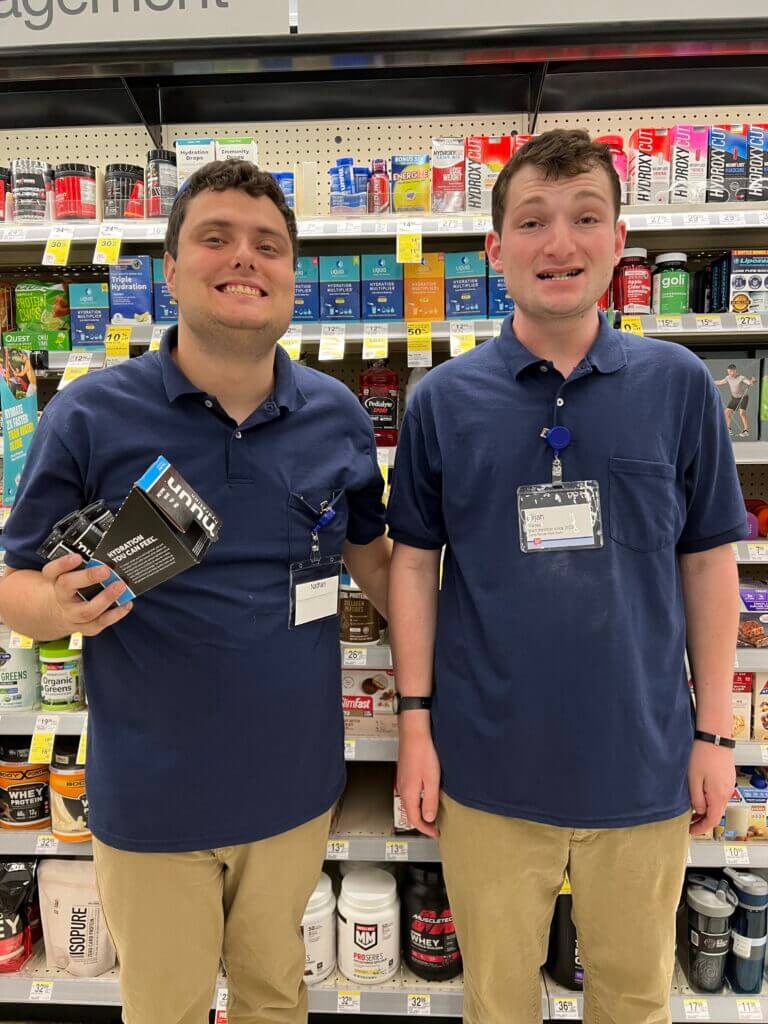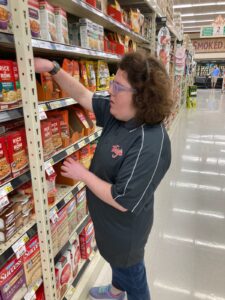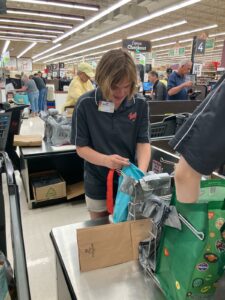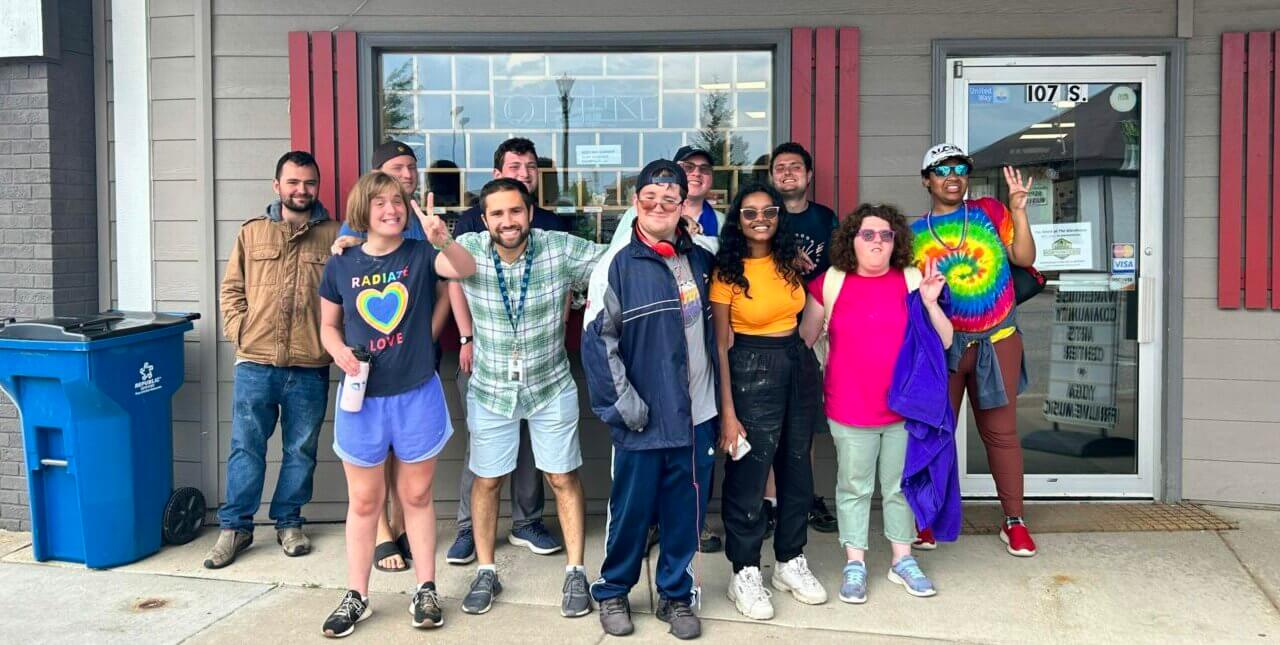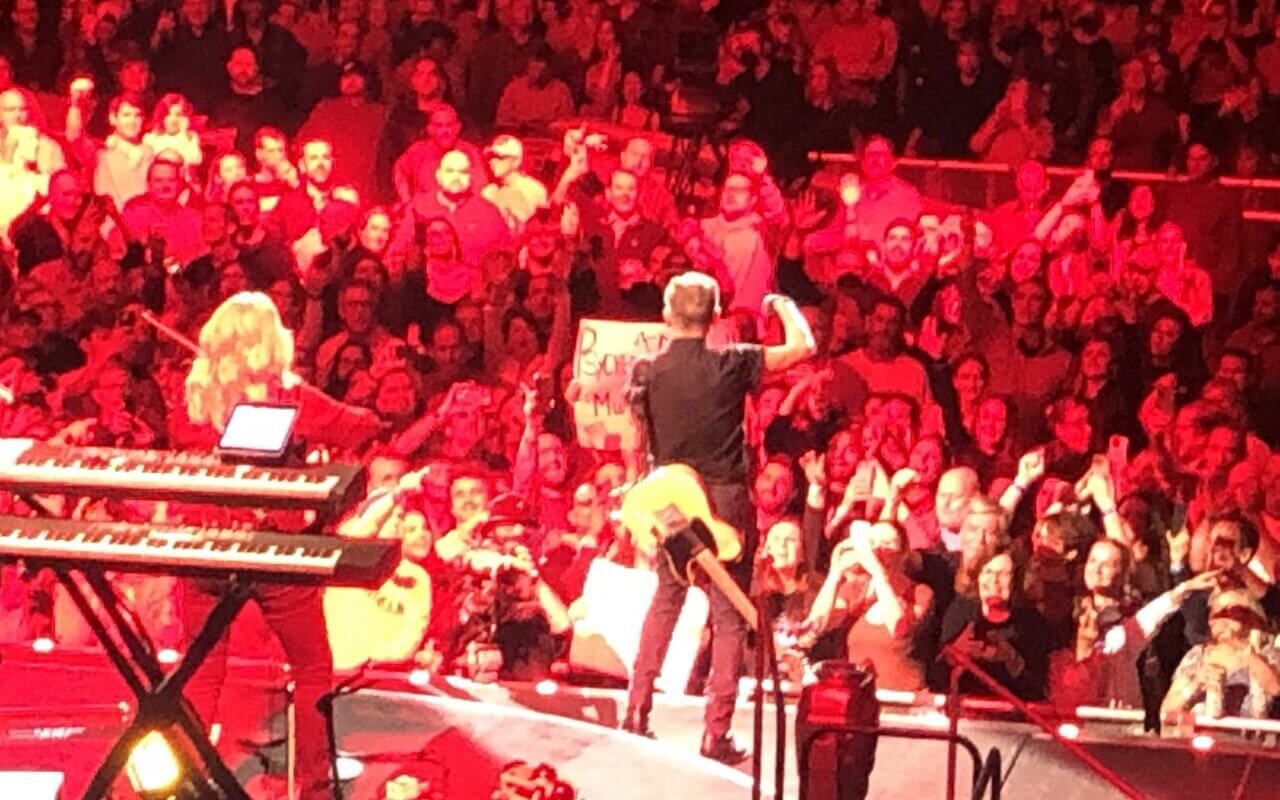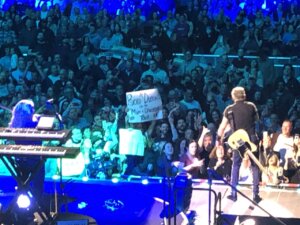Bruce Springsteen and the E Street Band just completed the extraordinary, high energy 28 show “first leg” of their 2023 tour which and will travel to many European countries this summer before returning to the US for what is being called “stadium shows” starting with Wrigley field in Chicago on August 8th.
The 73-year-old Springsteen, who along with his similarly aged band mates, have been at it for many decades. Bruce is known for shows which have topped the 4 hour mark many times in the past. His last tour, the 2016-17 River Tour, featured a full-length sequential performance of The River album.
In his 2023 tour, Bruce manages to touch on songs from nearly every period of his career. He delivers such expected classics as Born to Run, Rosalita, Kitty’s Back and The E Street Shuffle. On Opening night in Tampa—and each subsequent night—he played 2020’s “Letter To You” and “House Of A Thousand Guitars.” And he usually covers The Commodores’ “Nightshift,” Patti Smith’s “Because The Night,” and Jimmy Cliff’s “Trapped. Each night, the crowd goes home with a smile on their faces after Bruce announces: “You have just seen “the heart-stopping, pants-dropping, hard-rocking, booty-shaking, love-making, earth-quaking, Viagra-taking, death-defying, legendary E Street Band.”.
So what is different about the 2023 tour?
First, it is a post-pandemic welcome back concert of sorts for tens of thousands. And in the Jewish tradition, we may say it is blessing worthy. While crowds this size may not qualify for reciting the Chacham Harazeem blessing the Talmud instructs us to recite upon seeing 600,000 Jews in one place (“Blessed are You, LORD, our God, King of the Universe, knower of secrets”), we can certainly acknowledge to have so many (mostly maskless fans) assembled together singing and dancing together in one place. Perhaps we can recite the Shehechanu prayer to express our appreciation. Thanks, Bruce. [https://ejewishphilanthropy.com/the-blessing-recited-upon-seeing-600000-jews-in-one-place-a-lesson-in-perspective/)]
Second, the band is perhaps the biggest, most diverse and inclusive of any previous tour. The stage is filled with Bruce’s core E. Street Band– the Jewish Might Max Weinberg on drums (71), guitarist Stevie van Zandt (72), guitarist Nils Lofgren (71), bass player Gary Tallent (73), Professor Roy Bittan (73-also Jewish!) and Charlie Giordano (68) on keyboards, violinist Soozie Tyrell (65) and Bruce’s “young” wife, Pati Scialfa (69) who plays many nights but rumor has it that she takes nights off from time to time to check in on her own elderly mother, Patricia and Bruce’s 98-year-old mother, Adele. The late sax player, Clarence Clemons’ nephew, Jake Clemons, rounds out the core band on sax. There are also four singers (“The E Street Choir”), four horn players, and a second percussionist, Anthony Almonte, who has worked with many Latin artists.
Third, Bruce goes above and beyond to model so many important ideas about self-care, self-awareness and human relations. Bruce looks great physically, he sounds great, and he has the energy level of a 20-something. How many 70-somethings, much less 40-somethings can run around the stage and arena singing and playing for 2 hours and 45 minutes with no break several nights a week in cities which require considerable travel to reach?
Once on stage, Bruce is tuned in to each band member, personally cueing his horn players and drummers when to play! Fans often speak of how Bruce tunes in to them as well. When he makes eye contact with fans in the pit, behind the stage or in the 400s way upstairs, they feel he is connecting with them only.
And, unique for this 2023 tour, Bruce openly shares his painful awareness of his own mortality. Most nights, around song 13, Bruce dismisses all but trumpet player Barry Danielian and tells the story of playing in his first band in high school, the Castiles. He poignantly notes that in 2018, George Theiss, a band member from that band died. This left Springsteen as the only remaining member of the band. Springsteen wrote, “Last Man Standing” to reflect on this painful reality.
Fourth, Bruce seems to have given even more thought than usual in to the design of his setlist. Many have criticized the static nature of the setlist, which only sees a show premiere on rare occasion (Jungle Land at MSG and TWO in Newark—Local Hero and Jersey Girl are examples). More than one fan on greasylake.com writes, “Those who are going to multiple shows know the setlist is relatively static. (Or they are morons?”). Some speculate, “I do expect that shows might shift a bit when they go to Europe or when they return for stadium shows. But they may not.”
One insider, guitarist Little Stevie commented on the setlist recently when he was a guest on Kyle Meredith’s podcast, part of the Consequence Podcast Network. “It's an interesting choice Bruce has made. We haven't changed the set from the very first rehearsal. He just hit on what he wanted to do very early in the rehearsal process. The songs are not all from 'Letter to You' but they take on that theme. It's not exactly a linear, literal storyline from beginning to end, but it has that color of the theme that comes from the album. Especially 'Backstreets,' in particular, it takes on an entirely different meaning. Now it's about George Theiss…Yes, it is different. It is more like a Broadway show, more like a typical show of a rock band. Most rock bands don't change any songs. I know rock bands whose sets are laminated…You're telling a story and every song has a purpose.” (quotes taken from: https://www.app.com/story/entertainment/music/2023/03/27/bruce-springsteen-tour-2023-steven-van-zandt-consequence-podcast-interview/70052660007/?fbclid=IwAR1vEihxyviRV67tKxMFB5n_VPqTo-dVY6NK_5249Ge9KO-d2hF_66kCmlY
As I walked out of the Capital One Arena in Washington, DC on March 27—just two months after I saw Bruce and the E Street opening night February 1st at the Amalie Arena in Tampa, Florida, I too reflected on the setlist. I realized that I had seen the exact same setlist both nights. And I was fine with that. As a traditional Jew, I am aware that the prayers we say three times a day, as well as the megillah we read every Purim, the torah we read start to finish every year, and the haggadah we recited just over a week ago has very little or no variation. Yet, the experience of doing the same thing day after day, year after year has the potential to be special each time. What changes is the venue and the ambience, the guest list, the person we bring to the experience, and the awareness of our own mortality.
Thanks Bruce for making us better people each tour. Keep doing what you do, wherever you do it, and we will be there to join you!
Howard Blas
National Ramah Tikvah Network Director
מחנות רמה
National Ramah Commission, Inc.
3080 Broadway | New York, NY 10027
Cell: (413) 374-7210
Howard@campramah.org
www.CampRamah.org
